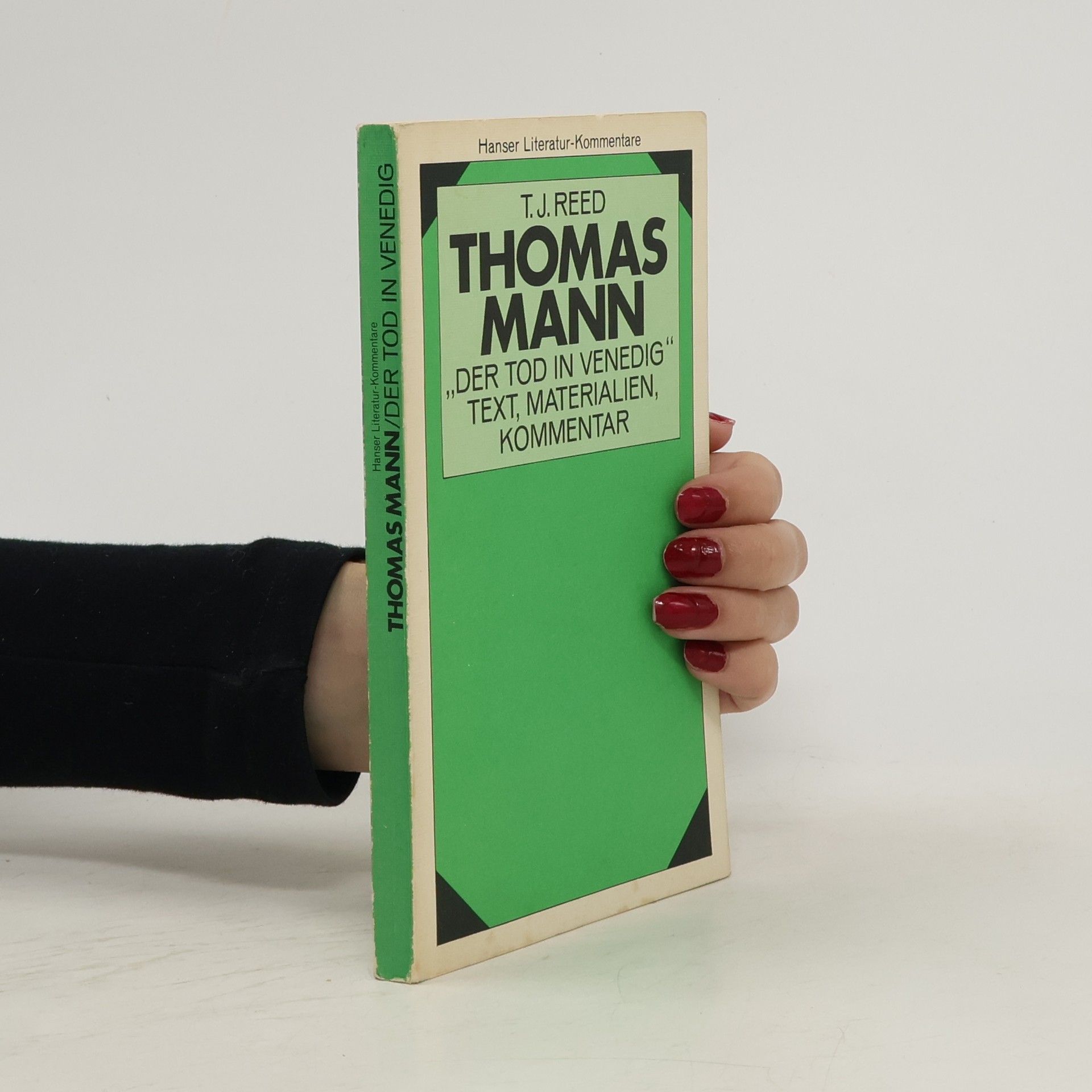Mehr Licht in Deutschland
- 234 stránek
- 9 hodin čtení
Die deutsche Variante der Aufklärung wird im Ausland gern unterschätzt, falls sie überhaupt als kohärente Bewegung zur Kenntnis genommen wird. Im Lande selbst hatte sie lange eine schlechte Presse, denn es gab eine Tradition, bei der man dem Grundsatz klaren Selbstdenkens und individueller Freiheit „tiefere“, „deutschere“ Werte vorgezogen hat, mit schlimmen, auch politischen Folgen. T. J. Reed, intimer Kenner der deutschen Geistesgeschichte, zeichnet in einem großen historischen Essay die Geschichte der deutschen Aufklärung im europäischen Zusammenhang nach. Dabei erlaubt der „Blick von außen“ auf Deutschland manch ungewöhnliche Akzentuierung. Doch Aufklärung ist für Reed kein bloß historisches Ereignis. Hier wurden die Grundlagen der modernen Gesellschaft formuliert, deren Anspruch bis in die Gegenwart gilt.

